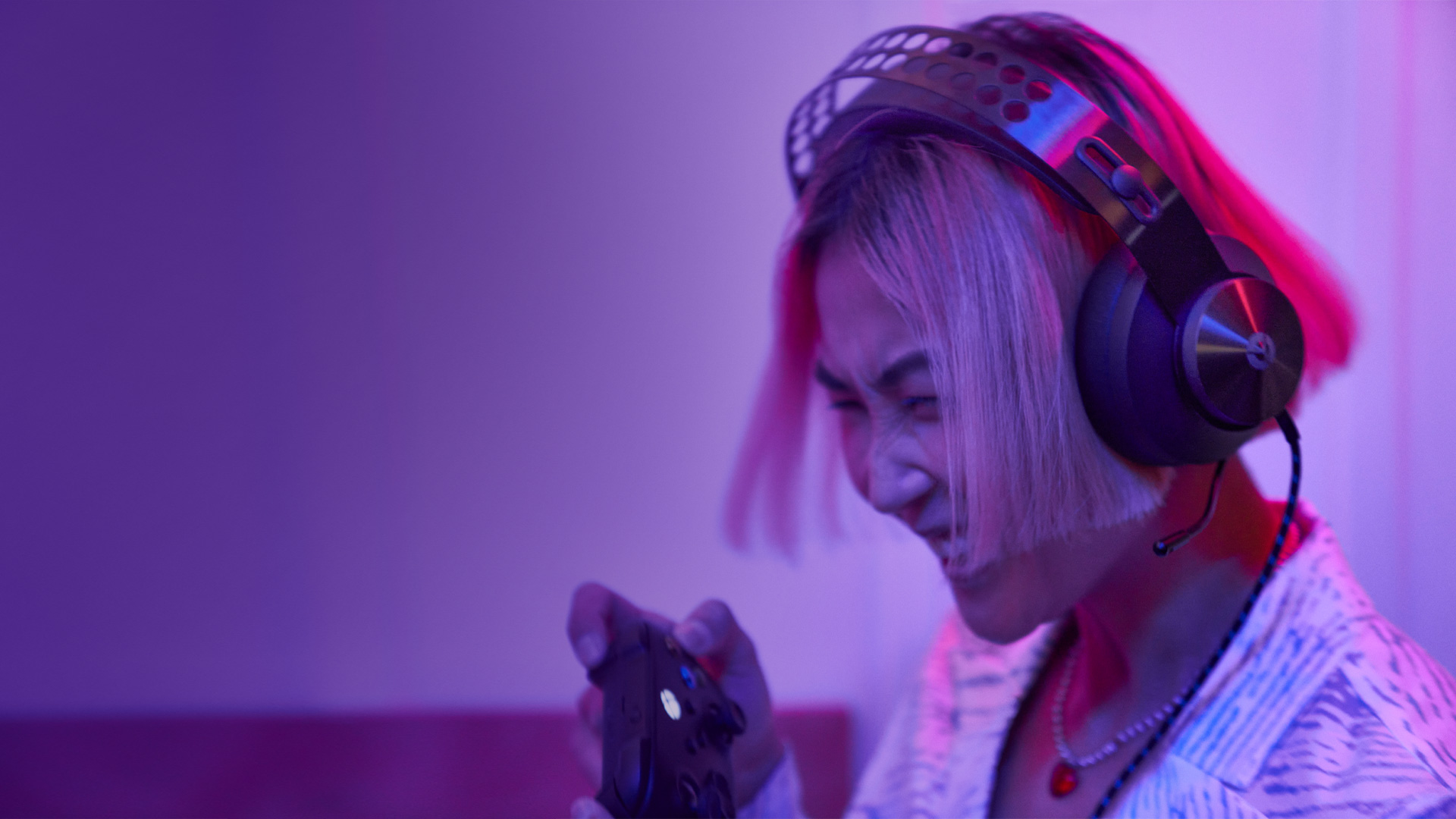
The Windows 11 23H2 update is leaving some gaming users frustrated, with reports of sluggish performance and benchmark regressions of 5-8% popping up across numerous forums online.
A Reddit user named BNSoul opened a thread on the Windows 11 subreddit, which explained their experience and discussed the performance regression of around 5 to 8% in several CPU benchmarks (via Neowin).
A laundry list of complaints
Complaints ranged from ”I could add an endless list of benchmark results here, but just let's say it's always 23H2 5-8% slower in every single one, be it single or multi-thread, compared to 22H2.”
Another user stated in a Microsoft forum thread, “After I had updated to the Windows 23H2 update. I have noticed sudden stutters and drastic FPS drops in the above-mentioned games.”
Yet another expressed, “ In newer games like Forza Horizon 5, the GPU utilization (remaining at 92-99 %) suddenly drops to 20-23 percent, and the FPS drops from 70-80 to about 10-23 textures not loading. at the same time, the CPU utilization remains the same. The game returned a bandwidth issue warning as the game was installed on my 7200 RPM hard drive. I decided to move it to my SSD. the issue still existed.”

How to fix Windows 11 23H2 gaming performance
This outcry was sufficient for Microsoft to act, or at least suggest a fix. The tech armada told one user to “reset Windows Defender through a couple of PowerShell commands."
Step 1: Set-ExecutionPolicy Unrestricted
Step 2: Get-AppxPackage Microsoft.SecHealthUI -AllUsers | Reset-AppxPackage
Step 3: Reboot and enable CPU Virtualization in BIOS (SVM in my X570 BIOS)
Step 4: Open Windows Security and enable Memory Integrity under the Core Isolation settings.
Step 5: Restart and Hypervisor should be running, Virtualization Security will be Enabled
According to the user, "that fixes the CPU performance issues, CPU now performing as in 22H2, where I had these security features disabled.
Tested some benchmarks and games, and everything is now ok within margin of error compared to 22H2, GPU benchmarks are 3-5% faster, which is nice; games are marginally faster, at least CP2077 and SoTR benchmarks, CPU benchmarks, on the other hand, some performs the same as in 22H2, others improved, and a couple of them are maybe 0.2% (margin of error) slower perhaps due to memory integrity being enabled."
Final Thoughts
So, basically, reset Windows Defender, and performance should return to normal. Although numerous users confirmed that this method works, it seems like another time when Microsoft released a Windows 11 that was not fully cooked or ready for prime time. The fact that Microsoft's own software is the culprit in this case just adds insult to injury.







